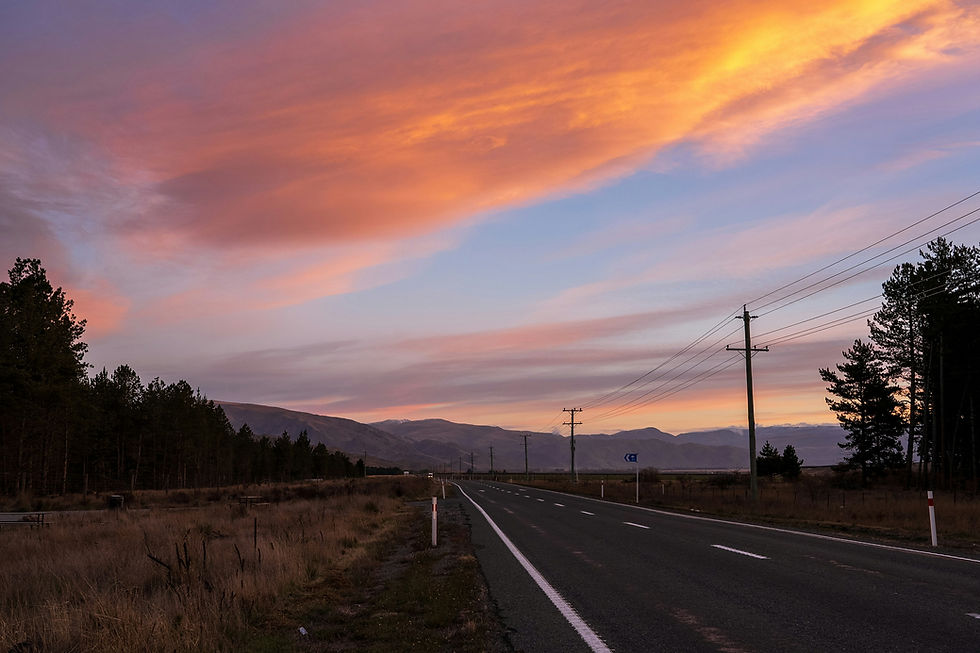Lawyers - Together we can create change
- Our Words Matter
- Jun 23, 2023
- 2 min read
Opinion article by Stacey Shortall
Even over 30 years later, I still remember my fear of starting law school. When you don’t know a lawyer or anyone who works in the law, let alone someone who studied it, law school is frightening. And when few of the people around you share your background or circumstances, it gets scarier still. But our profession desperately needs more such different people so that we can better serve the communities we should reflect.
Today’s release on Who Did You Help Today of video content from 2022’s wānanga seeking to encourage more students from different backgrounds and circumstances to work in the law is an attempt to help meet that need. For we want to change-up who decides to study law in Aotearoa New Zealand. And change things up we must.
Far fewer students from lower socio-economic backgrounds in our country enrol in law school than those from wealthier circumstances. The NZ Herald reported in 2018 how, while 60% of students accepted into law, medicine and engineering in the past five years across six of our universities came from the most affluent NZ homes, just 6% came from the poorest third. If you only include decile one schools, that figure was 1%.
But I know from spending countless hours with amazing students across low-decile schools that many have the potential to use a law degree to make extraordinary contributions to our country. And I hope that they watch the online content (made with particular help from the Michael and Suzanne Borrin Foundation), identify with some of the incredible speakers and enrol in law school, even if it seems a little frightening.
I further hope that those of us already in the legal profession welcome and are inclusive of them. That we make it all less scary. And I encourage our clients and other contacts to actively seek out lawyers who are committed to that inclusivity.
Together we can create change.
76.4% of the approximately 16,000 NZ lawyers identify as NZ European; 7.5% as Asian; 7% as Māori; and 3.4% as Pasifika. While these are different measures than socio-economic circumstances, they can, at times, overlap and, in any event also demand change.
Adapting the words of Angela Davis to apply to the wānanga content:
“We are no longer accepting the things we cannot change. We are changing the things we cannot accept.”







Comments